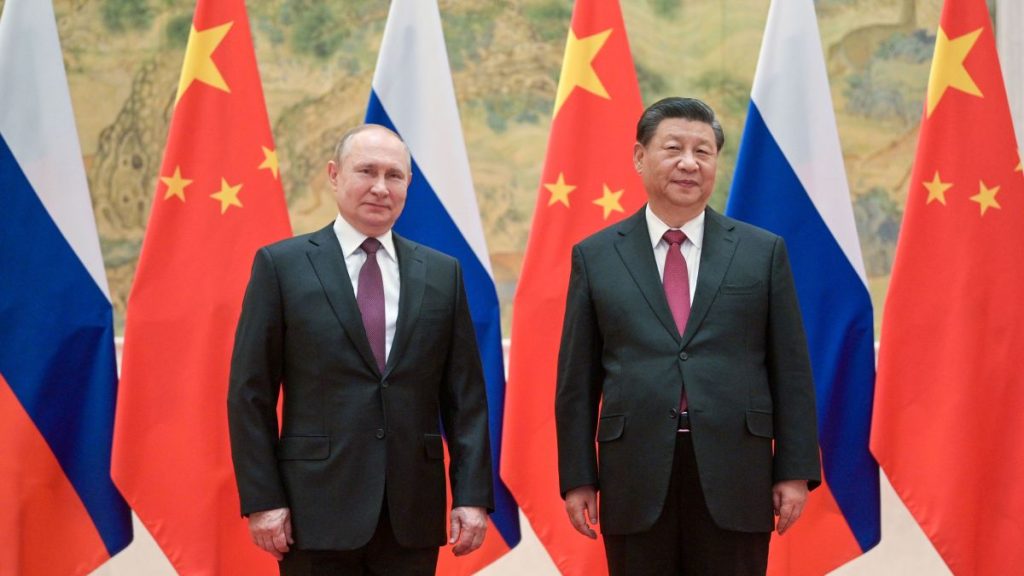Analysis: Why China won’t put its economy on the line to rescue Putin

But Russian President Vladimir Putin met his Chinese counterpart Xi Jinping on Friday as the Beijing Winter Olympics kicked off. The Kremlin described the meeting as warm and constructive, and the leaders agreed to deepen their cooperation, according to an account published by Chinese state news agency Xinhua. Russian oil giant Rosneft said it had agreed to boost supplies to China over the next decade.”Working together, we can achieve stable economic growth … and stand together against today’s risks and challenges,” Putin wrote in an China’s economy is already struggling, which could make it harder for Beijing to deepen ties with Moscow — or even deliver on promises it has already made, such as a The Chinese yuan is “nowhere close to being sufficiently internationalized to compete with the US dollar,” Capri said, noting that the dollar plays a critical role in both SWIFT and also the trading of commodities such as oil and gas, the “lifeblood of Russia’s economy.”Analysts at Eurasia Group wrote in a report last week that Beijing could redouble efforts to build a yuan-denominated payment system, which might allow it to do business more freely with countries that have been sanctioned by the West without using dollars or euros. Even so, they wrote, companies in both China and Russia “still prefer to denominate trade in freely convertible currencies,” meaning that any efforts to reduce Western influence would be “more aspirational than substantive.” Recent history isn’t in Russia’s favor. After Russia invaded and annexed Crimea in 2014, the country pivoted to China for support as it was slapped with economic sanctions. And even though Beijing publicly opposed those punishments and promised to boost economic ties, its efforts weren’t enough to offset Russia’s problems. Trade between Russia and China in 2015 fell 29% from the year before, according to official statistics from China. Chinese direct investment into Russia also suffered.And Russian bankers complained that Chinese banks were reluctant to do business with them so as to avoid violating the sanctions, according to a 2015 op-ed written by Yuri Soloviev, the deputy president of VTB Bank, a major Russian financial institution.”China is the senior partner in the bilateral relationship,” wrote the Eurasia Group analysts in their recent report, pointing out that the economy is about nine times larger than Russia’s. “It is likely that Beijing wants to shape Moscow’s calculus to its advantage.”







